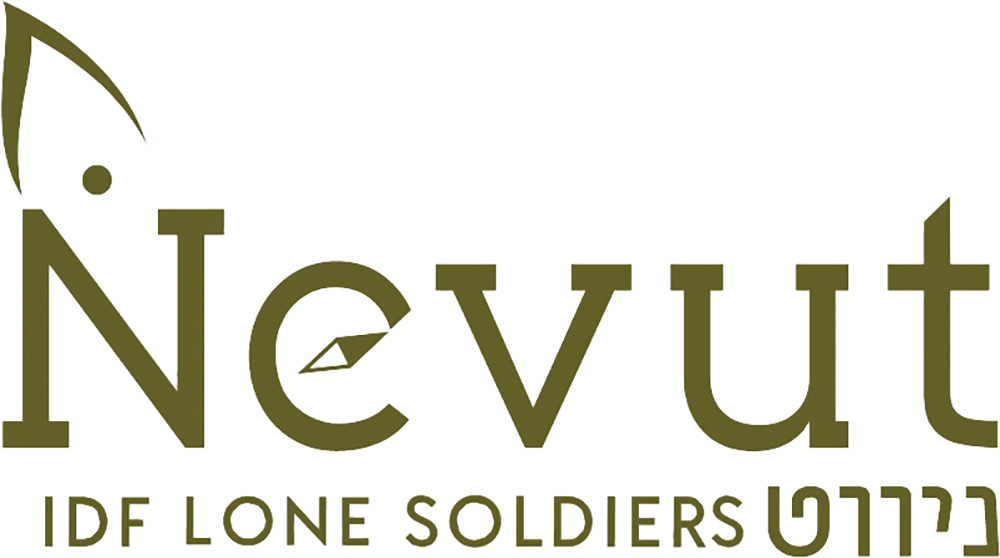
(Courtesy of Nevut) While the community’s response to Operation Swords of Iron has been swift and extensive, providing funding, supplies and various forms of support, one man’s contribution to the ongoing battle exceeds imagination. Despite his recent return from combat on Israel’s northern front, his dedication to the people and homeland transcends defense against Hezbollah. Rabbi Ari Abramowitz, founder and executive director of Nevut, stands at the forefront of this war, waging battle on three fronts.
“Operation Iron Swords is not just fought in the north and in Gaza,” Abramowitz remarked. “It’s fought in the hearts and minds of those who sacrifice their comfort for the greater good. Our mission at Nevut is to stand shoulder to shoulder with these courageous individuals, offering support before, during and after their service.”
Nevut (meaning “to navigate” in Hebrew) was founded in 2017 to facilitate the transition of American men and women that had served in the IDF (lone soldiers) to American civilian life after completing their army service. Approximately 1,000 Americans go to Israel to serve in the IDF yearly, and about 60% of them return after completing their service.
So when the war broke out, it was no surprise that these soldiers, their spouses and parents all began turning to Nevut for help. In the immediate days following Oct. 7, Nevut was inundated with calls. Veterans were being called up for reserve duty and needed help getting their equipment together and getting on flights. Spouses and parents needed support and guidance. Nevut fielded over 3,000 calls in those first few weeks after the war broke out. Flights were arranged, gear was provided and spouse and parent support groups were arranged. Nevut jumped into action and expanded its mission in response to the current crisis.
Abramowitz himself was also called upon by his commander to come back for reserve duty. “It was a tricky situation,” Abramowitz recalled. “Nevut needed me here to guide the organization and ensure the soldiers were ready and prepared to go fight. But my unit needed me with them up north to defend against Hezbollah. After weeks of the staff working nearly round the clock, I felt I could step away for a few weeks and I went to my unit.”
Being on the ground himself, Abramowitz has a unique understanding of lone soldiers. “The soldiers fighting now need a lot of support,” he said. “Nevut has been arranging frontline missions, where staff travel to Israel, go to bases and meet up with our lone soldiers. We bring them warm gear, coffee, cookies and other items they may need, but more importantly, we bring a familiar face, a smile and a hug.” A typical Nevut frontline mission visits about 45 bases, traveling over 2,100 miles to reach lone soldiers.
These lone soldiers also know Nevut will be there for them when they come back from the war. As Abramowitz explained, “the battle doesn’t end on the battlefield.” For lone soldiers, transitioning back to civilian life can be daunting. “Returning home can be as challenging as deployment itself,” Abramowitz emphasized. “At Nevut, we offer comprehensive programs designed to ease this transition, providing mental health support, career counseling and a sense of community that helps our soldiers find their footing once again.”
Post-traumatic stress, depression and anxiety are all too common among returning soldiers. Nevut’s network of support extends far beyond the battlefield, offering counseling, therapy and a listening ear to those who need it most. This was most apparent at Nevut’s recent annual winter Shabbaton. “This year, a lot of the guys that came had just come back from Gaza. We had some incredible workshops together. We recognize that soldiers often are fighting internal battles for years after they return from the war. And it’s our mission to be here for them.”
Abramowitz stressed that the community at large can play a pivotal role in easing the transition of returning soldiers. Giving them a hero’s welcome when they return, appreciating the sacrifices they’ve made and providing employment opportunities are all helpful. The support doesn’t end on the battlefield; it extends to the homefront and beyond.
To learn more about Nevut’s mission and how to contribute to supporting lone soldiers, visit nevut.org.












